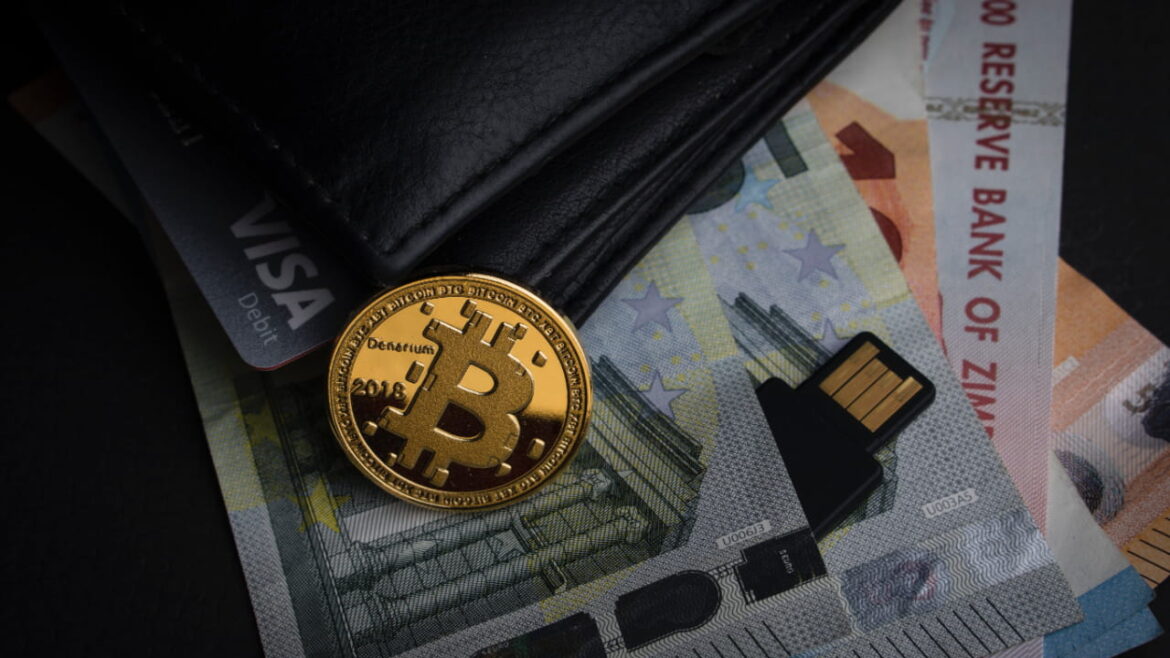The goal is to bring traditional financial services closer to the distributed cryptocurrency space. Bitcoin banks are transforming the banking industry. Multiple Bitcoin banks are establishing cryptocurrency operations. Members of the community argue that, rather than waiting, they should establish these institutions on their own. Cryptocurrency Investments, For established banks to begin offering Bitcoin-friendly services, this approach ensures. that banks that accept Bitcoin adhere to the principles of decentralization and financial autonomy.
Financial Services Provided by Bitcoin Banks
Bitcoin banks provide essential banking services like deposits, withdrawals, loans, and digital asset custody solutions. Institutions like this give Bitcoin holders a method to be disciplined with their money while also protecting the anonymity and transparency of Bitcoin transactions. As Bitcoin’s popularity grows, so does the need for these services. Integrating Bitcoin services with conventional banks leads to expensive costs, hindered innovation, and legal restrictions.
To preserve the decentralized nature of cryptocurrencies and safeguard national control over digital assets, there is a push to establish Bitcoin banks that operate independently. If the crypto community takes the initiative to establish these institutions, they can guarantee their transparency, fairness, and security. Additionally, traditional banking systems occasionally conflict with Bitcoin’s core principles, such as financial independence and privacy. Bitcoin banks can be independently developed by the crypto community.
Difficulty of Establishing Bitcoin Banks
The advantages of Bitcoin don’t negate the enormous challenges of establishing autonomous Bitcoin banks. Financial institutions face significant challenges in complying with regulations, including those related to anti-money laundering (AML) and know-your-customer (KYC). To ensure client confidence and avoid legal issues, managing financial standards on a global scale requires meticulous preparation.

Bitcoin banks must have stringent regulations to prevent insolvency, fraud, and hacking, which brings us to another critical issue: security. Bitcoin Banks Decentralizing, Failures in the past involving crypto-related financial organizations, such as FTX and Celsius, highlight the importance of transparency, proper risk management, and clear legislation in ensuring stability in the future.
Leadership and Bitcoin Banking’s Future
Bitcoin banks are also crucial to the smooth running of any financial institution. Establishing reliable liquidity management practices will allow for the smooth processing of withdrawal requests., as opposed to traditional banks, which may rely on the support of the central bank in times of crisis. To safeguard Bitcoin depositors, Bitcoin institutions would need to establish their financial safeguards. Each of these examples highlights the increasing importance of Bitcoin banking solutions and the likelihood that non-banking organizations, rather than traditional banks, will take the lead in crypto banking.
Trends in Bitcoin Regulation
According to new regulations, traditional banks may soon begin to invest more heavily in bitcoin services. The Federal Deposit Insurance Corporation (FDIC) is revising its guidelines to let financial institutions engage in cryptocurrency-related operations before receiving formal approval. Should this approach be followed, Bitcoin banking services could be adopted by more institutions, therefore lowering the demand for independently created substitutes.
Many in the Bitcoin community, however, contend that institutional participation could harm Bitcoin’s distributed and user-centric character. Bitcoin Banks Decentralizing, Restoring the financial freedom that Bitcoin was meant to offer, traditional institutions might impose centralized control over Bitcoin transactions, surveillance techniques, and limited policies.
Summary
Bitcoin banks aim to establish a connection between Bitcoin Hits Record decentralized cryptocurrency and traditional banking. Bitcoin Drivers, Many crypto enthusiasts feel people should establish these institutions themselves to retain decentralization, financial autonomy, and inclusivity instead of using conventional banks, which charge exorbitant fees, slow innovation, and limit regulation. Real-world instances show Bitcoin banks’ viability. Custodia Bank in Wyoming provides Bitcoin custody and payment services, while Coinbase and Kraken have added banking-like capabilities.



